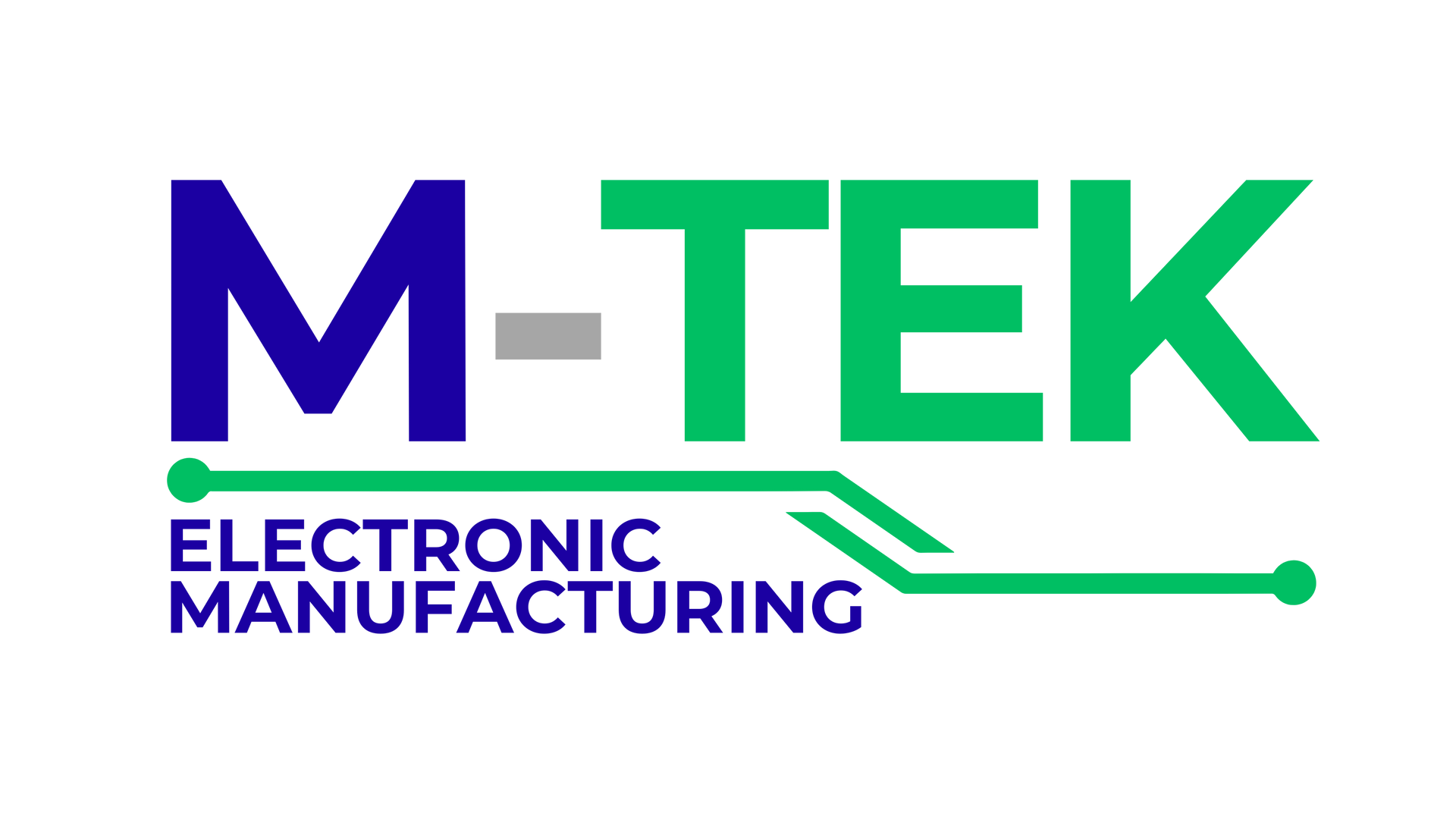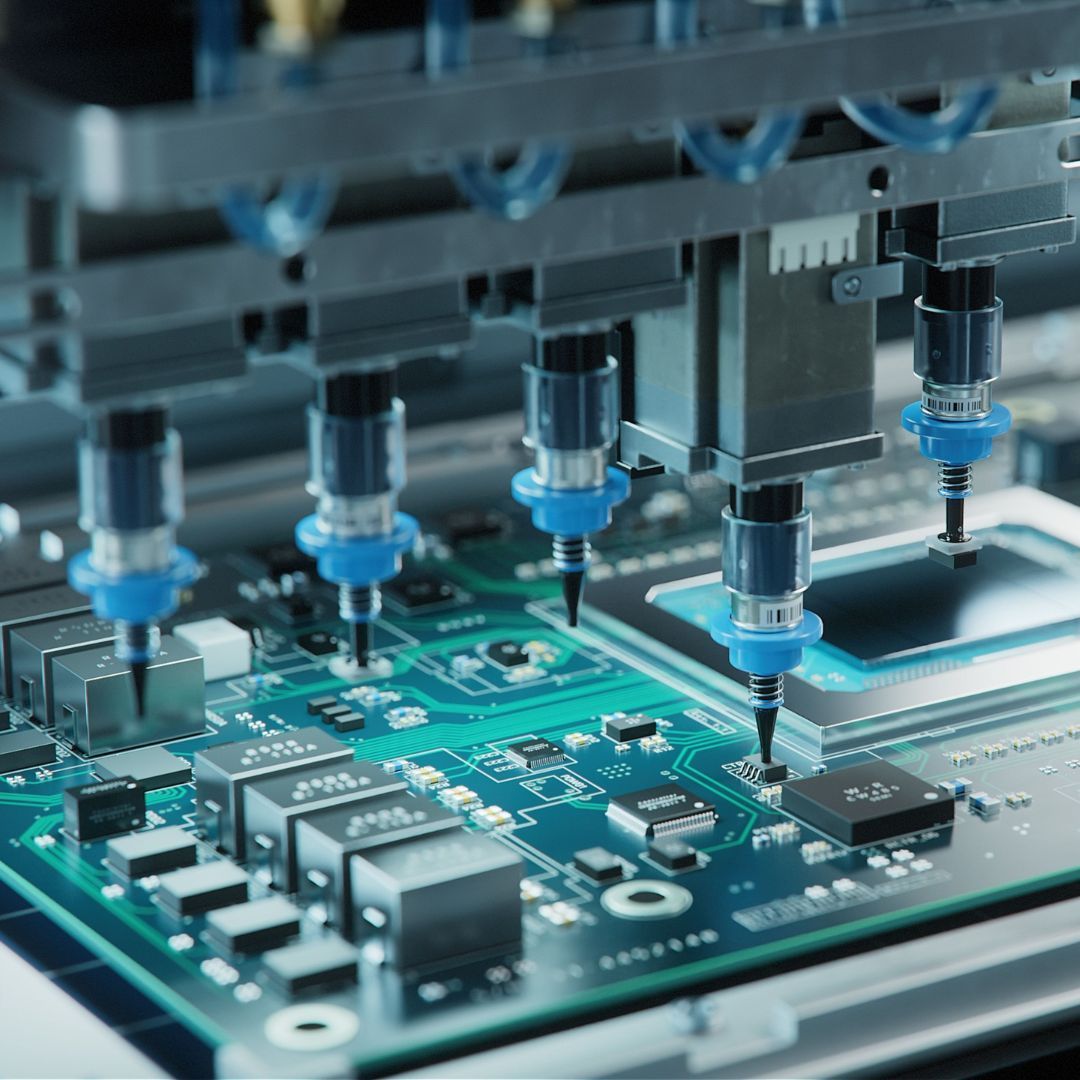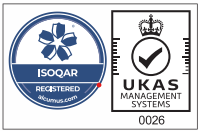
Debugging is an essential skill for every programmer, but even experienced developers can sometimes make mistakes that hinder the troubleshooting process.
Identifying and rectifying bugs efficiently is crucial for maintaining a smooth development workflow and delivering high-quality software.
In this article, we will explore five common debugging mistakes and provide practical tips on how to avoid them.
5 Common Debugging Mistakes
Outlined below are 5 common debugging mistakes
Neglecting to Review Code and Documentation
One of the most common mistakes programmers make is failing to review their own code and documentation thoroughly. Skipping this crucial step can lead to oversight of logical errors, typos, or incorrect assumptions.
It is essential to double-check your code and documentation to ensure clarity and accuracy before proceeding with debugging.
To avoid this mistake, allocate sufficient time for code review and documentation checks. Adopt a systematic approach and involve other team members if possible, as fresh perspectives can uncover potential issues that might have been missed.
Overlooking the Basics
Sometimes, programmers overlook simple and straightforward solutions while diving into complex debugging techniques.
Debugging can be time-consuming, and it's easy to assume that the problem lies in intricate sections of the code. However, it is crucial to examine the basics first.
Start by verifying inputs, data types, and variable values to ensure they match your expectations.
Check if any recent changes in the code or dependencies might have caused the issue. By reviewing the fundamentals, you might discover that the problem stems from a simple oversight rather than an intricate bug.
Making Assumptions
Assumptions can be detrimental during the debugging process. It is common for programmers to assume certain conditions or behaviour without thoroughly verifying them.
These assumptions often lead to wasted time and effort, as the actual cause of the bug remains elusive.
To avoid this mistake, gather all available data and evidence related to the issue. Don't rely solely on assumptions or vague error messages.
Use debugging tools, log files, and other resources to gather concrete information.
Embrace a scientific mindset by gathering evidence and formulating hypotheses based on facts rather than assumptions.
Modifying Code Randomly
When faced with a persistent bug, it's tempting to start making random changes in the code in the hope of stumbling upon a solution.
However, this approach is counterproductive and can introduce more bugs or further complicate the problem.
Instead, adopt a systematic and methodical approach to debugging. Isolate the problematic section of code and test it independently.
Utilise debugging tools to step through the code and understand its behaviour. Make small and deliberate changes while continuously testing the code to ensure each modification has the desired effect.
Not Utilising Debugging Tools
Debugging tools can significantly simplify and expedite the troubleshooting process, yet many programmers fail to utilise them effectively.
Relying solely on print statements or manually tracking variables can be time-consuming and error-prone.
Familiarise yourself with the debugging tools available for your programming language or integrated development environment (IDE).
Learn how to set breakpoints, inspect variables, and step through the code.
These tools provide valuable insights into the program's execution flow and help pinpoint the source of bugs more efficiently.
Debugging: Conclusion
Debugging is an integral part of software development, and avoiding common mistakes can save valuable time and effort.
By thoroughly reviewing code and documentation, focusing on the basics, avoiding assumptions, following a systematic approach, and leveraging debugging tools effectively, programmers can enhance their debugging skills and resolve issues more swiftly.
Remember, debugging is an iterative process, and patience, persistence, and a methodical mindset are key to success.
M-Tek
At M-Tek Assembly we have decades of experience. We have accomplished a
net-zero carbon footprint by using electric vehicles, and for all PCBs we build, we plant a tree. Contact us today for guidance on anything regarding PCBs, rapid prototyping, and debugging. Call
01189 455377 or follow us on
Twitter to learn more about our products and services.





